ʻNot a question of money but of dignityʼ
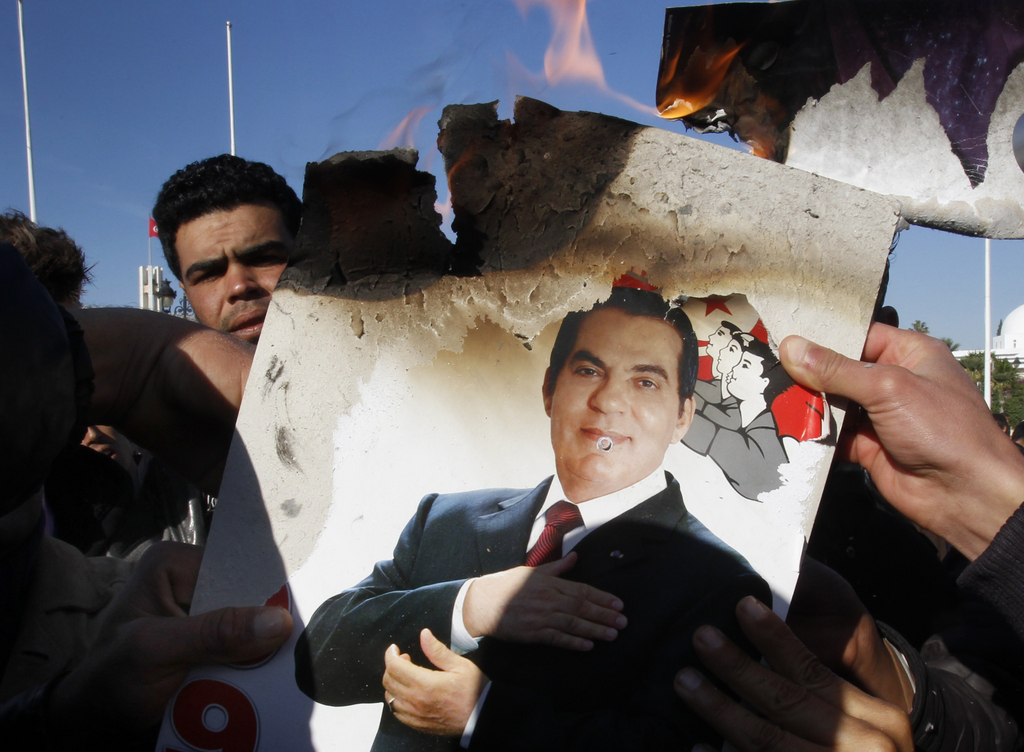
The funds of former president Zine El Abidine Ben Ali frozen in Switzerland may soon return to Tunisia. But it is even more important for the country to reclaim dignity and shed full light on the financial empire spawned by the ex-dictator.
“Ben Ali stole from us. But isn’t Switzerland also a bit criminal? Would it not be guilty of receiving stolen goods?” This opinion expressed by one of the participants at a workshop organised by Alliance Sud and other non-governmental organisations at the World Social Forum in Tunis is shared by many Tunisians.
What also angers people is the perceived lack of haste shown by the Swiss judicial authorities. In the country where the spark of the Arab Spring was lit, many have the impression that the procedure to reclaim funds deposited by the dictator and his entourage is too slow.
“For us it’s not a question of money but of reclaiming our dignity,” said Sami Remadi, president of the Tunisian Association for Financial Transparency (ATTF) and member of the commission that has investigated corruption. There are currently Tunisian funds worth CHF60 million ($63 million) frozen in Swiss bank accounts.
Rapid restitution
“We have good reason to hope that we will be able to confiscate the assets of the Ben Ali clan rapidly,” Pierre Combernous, Swiss ambassador in Tunisia told swissinfo.ch. The ambassador is aware of the “enormous frustration” the affair is causing, but he points out that as a state of law, Switzerland is bound to respect the laws of procedure.
The country reacted rapidly and was the first to freeze Ben Ali’s funds, just four days after his flight. And Bern did more than just watch events unfold. “At the beginning, the Tunisian authorities were not capable of managing the dossier. On our initiative, a former Swiss investigative judge came here to help them write to the rogatory commission,” Combernous said.
Another sign of a possible rapid resolution of the case was the decision by the Swiss Office of the Attorney General to reverse the burden of proof, as was done in the past, for example for the funds of the former Nigerian dictator Sani Abacha. This means that it is up to the holders of the these funds frozen in Switzerland to prove their legitimate origin rather than the Tunisian state to demonstrate that they were illegally acquired.
“I can assure you that in Switzerland there is a real political will, at the highest level, to advance this case,” Combernous said.
Contrary to what happened in Haiti, the Swiss ambassador does not think it useful to create a tailor-made law to return funds to Tunisia. The norms put in place for Haiti facilitate the repatriation of assets when the applying country is in a state of collapse. “Even if the state in Tunisia is dysfunctional, it cannot be absolutely compared with Haiti,” Combernous explained. A new law would only slow things down, he added.
On March 13, the Swiss parliament approved an investment protection agreement with Tunisia. The agreement sets down rules for the handling of investments in the partner country, the transfer of capital and revenue and procedures to govern disagreements.
Centre-left and Green parliamentarians criticised shortcomings in the agreement, namely that it did not include the most recent obligations in the area of workers’ protection, the environment and corporate responsibility. The majority, fearing that a renegotiation of the text would take another two or three years and send a bad signal to Tunis, argued that the rapid conclusion of the agreement would contribute to the establishment of stable social and economic structures in Tunisia and accommodate the demands of Swiss investors in the country.
The subject was also at the centre of a debate organised on March 28 by the group of Swiss NGOs Alliance Sud at the World Social Forum in Tunis. The organisation called on parliament to revisit the agreement with Tunisia. Alliance Sud considers such agreement, which confer rights on investors and obligations on the partner country, as a “a legacy of the colonial era”.
Alliance Sud cites the case of Philip Morris in Uruguay. The tobacco multinational, headquartered in Switzerland, lodged a complaint to the court of arbitration of the World Bank against the state of Uruguay in 2010 for imposing stricter rules on tobacco consumption. Philip Morris demanded $2 billion compensation, invoking several articles of the Swiss agreement protecting investments. The case is still pending.
Good cooperation
Remadi is rather satisfied with what Switzerland has done so far. “Promises have been kept,” he said. He is particularly pleased that the Swiss Office of the Attorney General decided to open an independent procedure, a penal investigation against those close to the ex-dictator for suspected money laundering and membership and support of criminal organisations.
Other countries have not done as much, said Remadi, who practised medicine for ten years in Geneva. Britain and the United Arab Emirates are virtually not cooperating and in France, only a judge and a police official are working on the case. Paris “has done no more than draw up the list of assets the clan acquired in the country”. With Germany, cooperation is insufficient. The experiences with Belgium and the Lebanon have been more positive, with frozen funds soon due to be returned by Lebanon.
But even with Switzerland, not everything is perfect. According to a report published in November 2011, the Swiss Financial Supervisory Authority (Finma) only investigated 20 financial institutions, identifying irregularities in just four. Remadi believes it is still possible that illegal Tunisian funds could be found in other banks.
Drop in the ocean?
According to the president of the ATTF, the Swiss stash of the Ben Ali clan is in fact much more extensive than what has been uncovered so far. “We have been able to establish that the fortune amassed by Ben Ali and his entourage is around $17 billion. Where is all that money? In Tunisia we haven’t found it, so don’t tell me there is only CHF60 million in Switzerland,” Remadi said.
Combernous noted that the funds frozen in Switzerland were identified on the basis of a list of names supplied by Tunisia. “We asked the Tunisian authorities to complete this list. It is not up to us to do but to them.”
The problem is the lack of proof. “All we have, is what the national commission to combat corruption found at the presidential palace. The rogatory commission is based on those documents,” Remadi said.
The Tunisians know practically nothing about the network of off-shore companies created by the former ruling clan. On the list presented to the Swiss authorities, there is only one such company, for example. “The proof is essentially to be found in Switzerland and that’s exactly what we are asking the Confederation: give us additional help to throw light on this financial network.”
“For us, the identification of the accounts and off-shore companies of the Ben Ali family is more important than the development aid Switzerland provides,” Remadi said. When this dossier is closed, we can say to the Tunisian people: ‘look at what the Swiss did for us’. And the friendship between the two countries will come out stronger.”
Translated by Clare O’Dea

In compliance with the JTI standards
More: SWI swissinfo.ch certified by the Journalism Trust Initiative
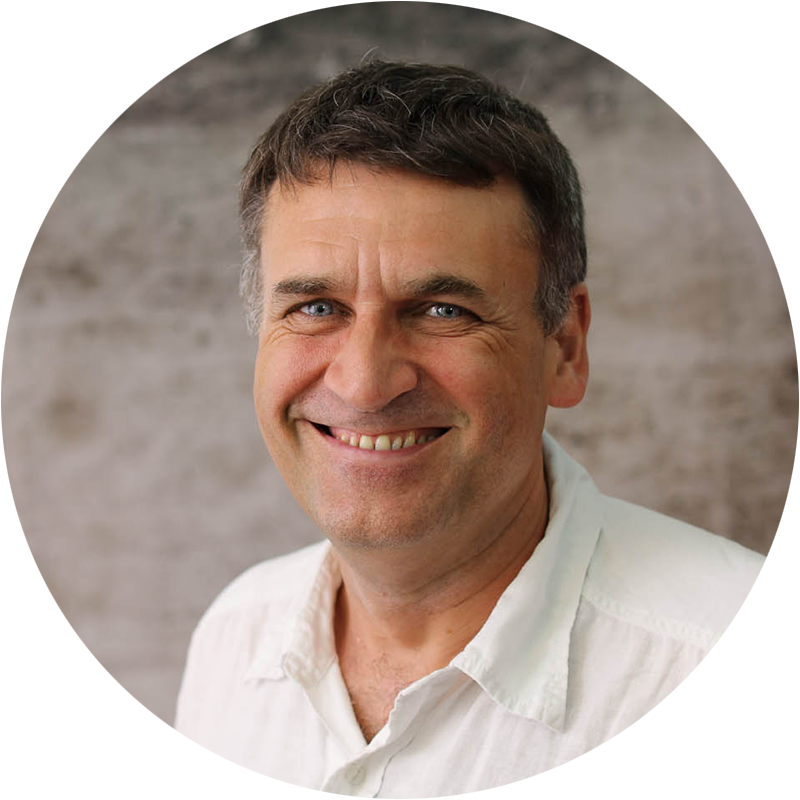
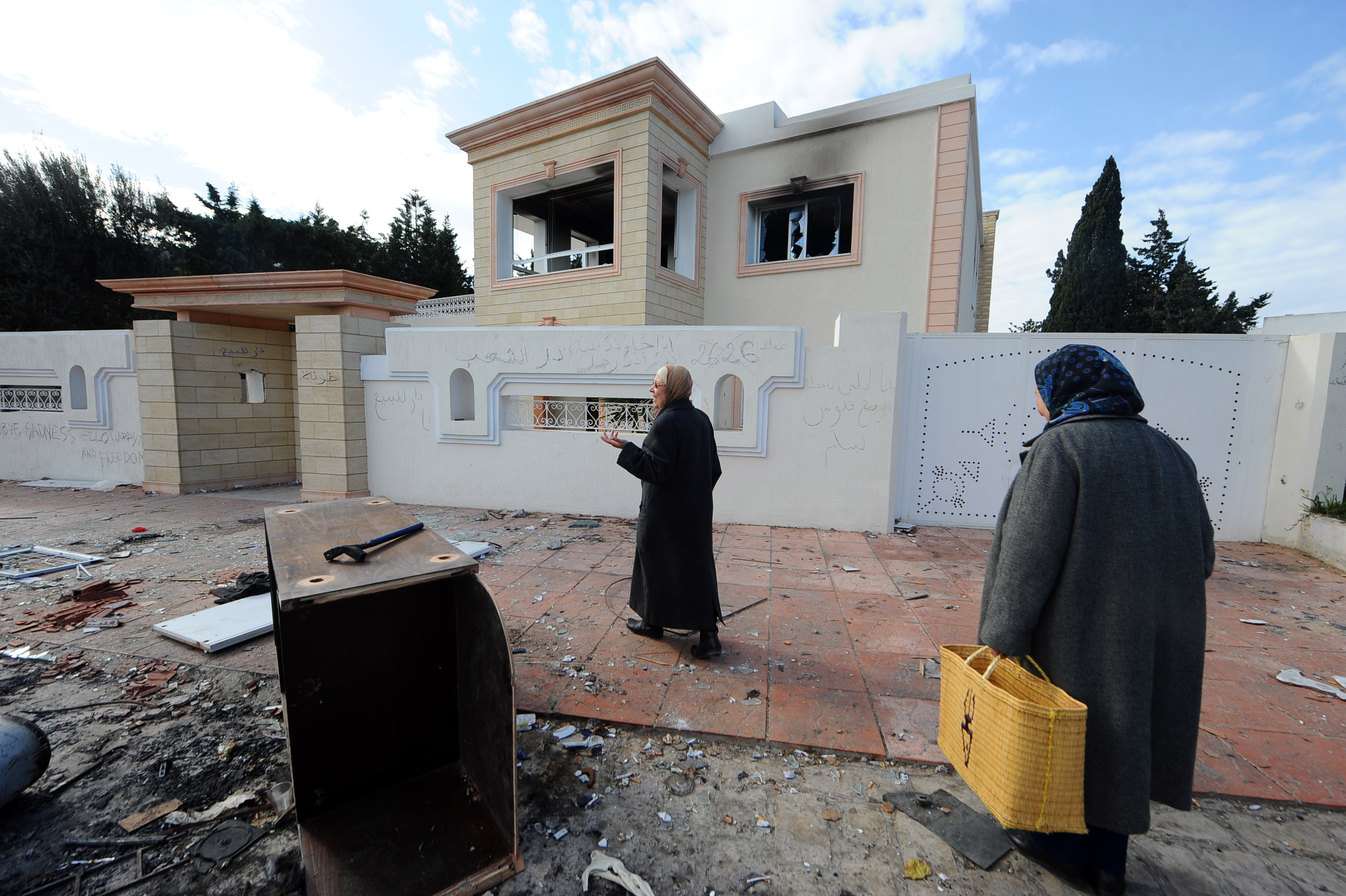
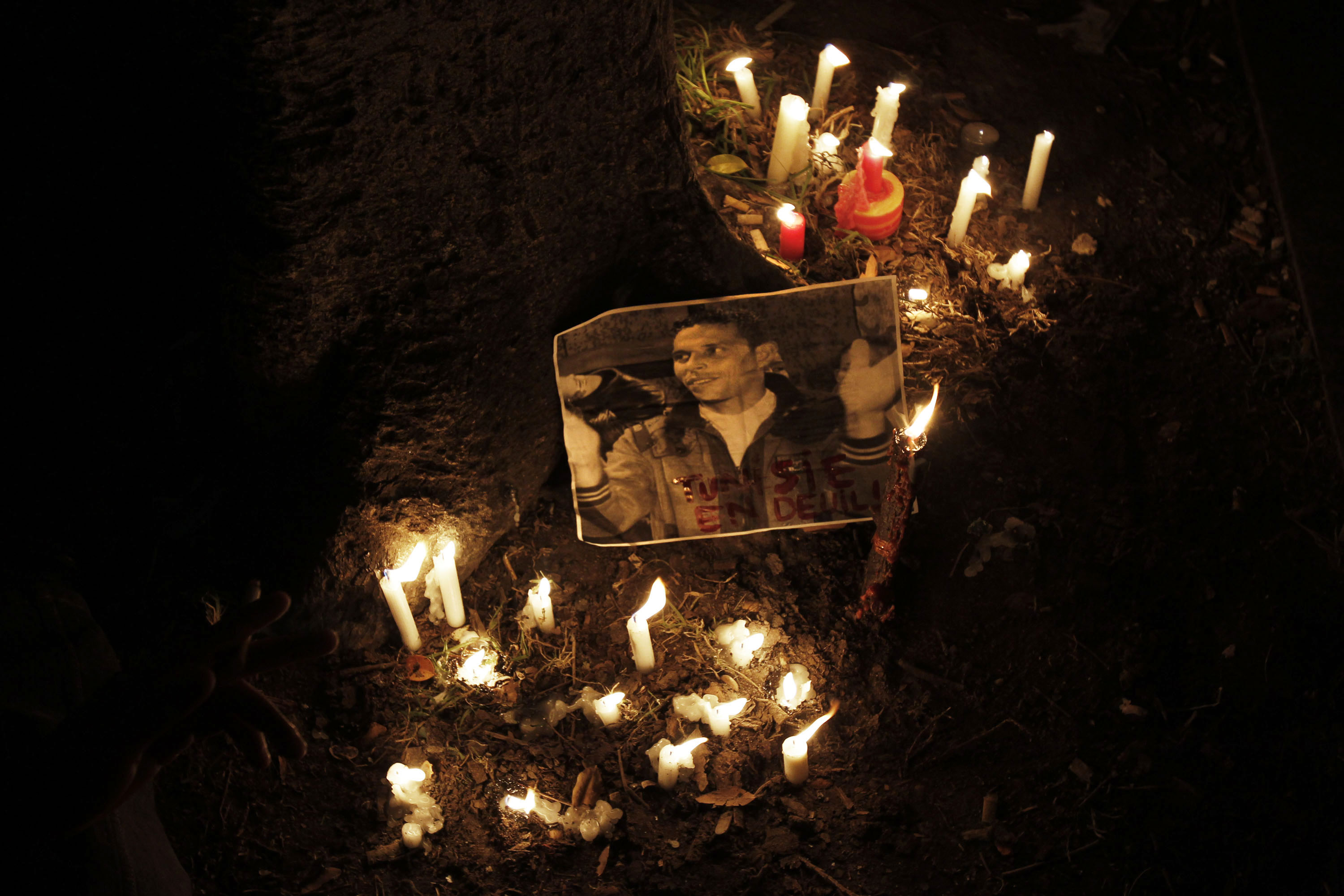
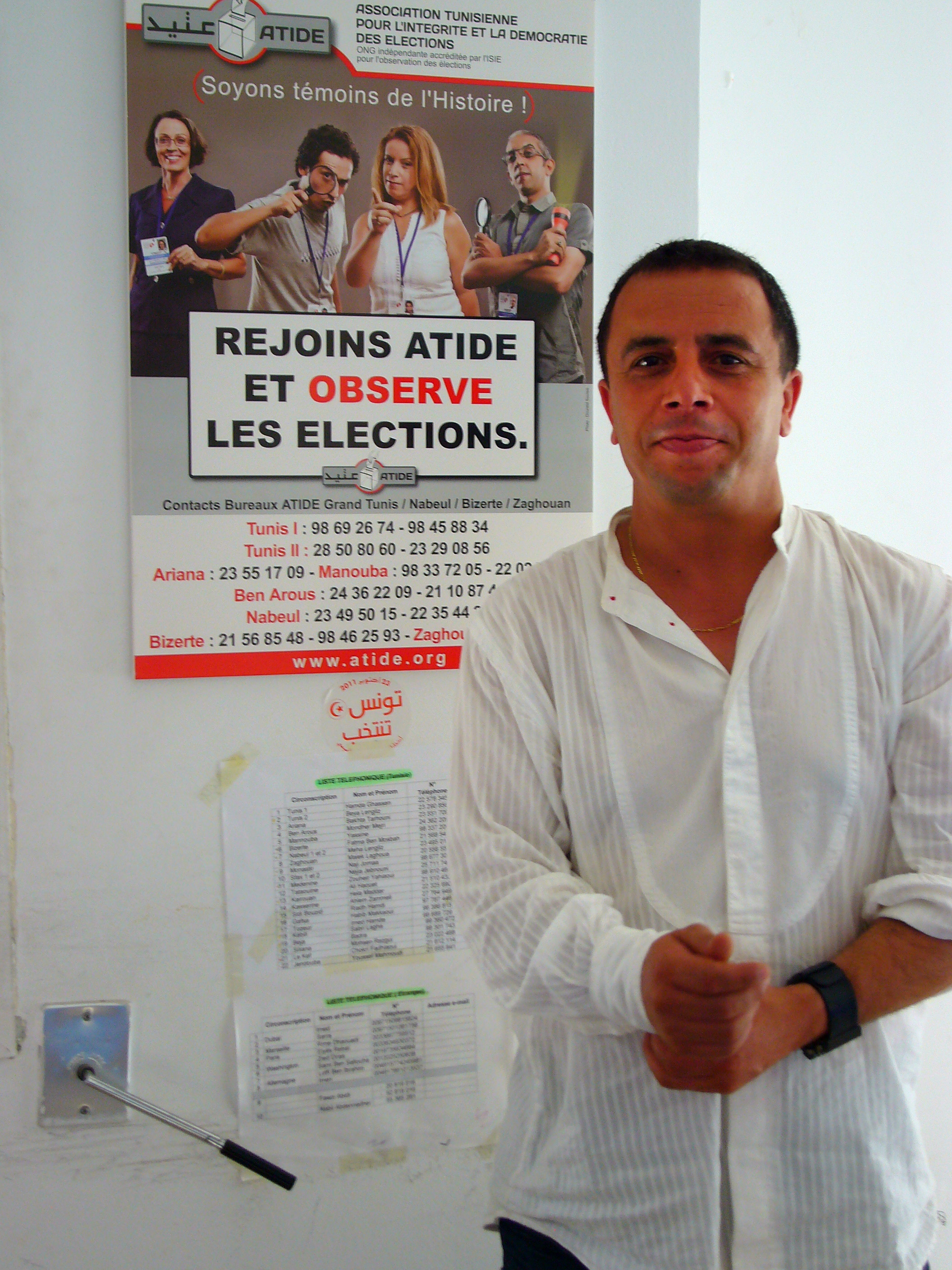
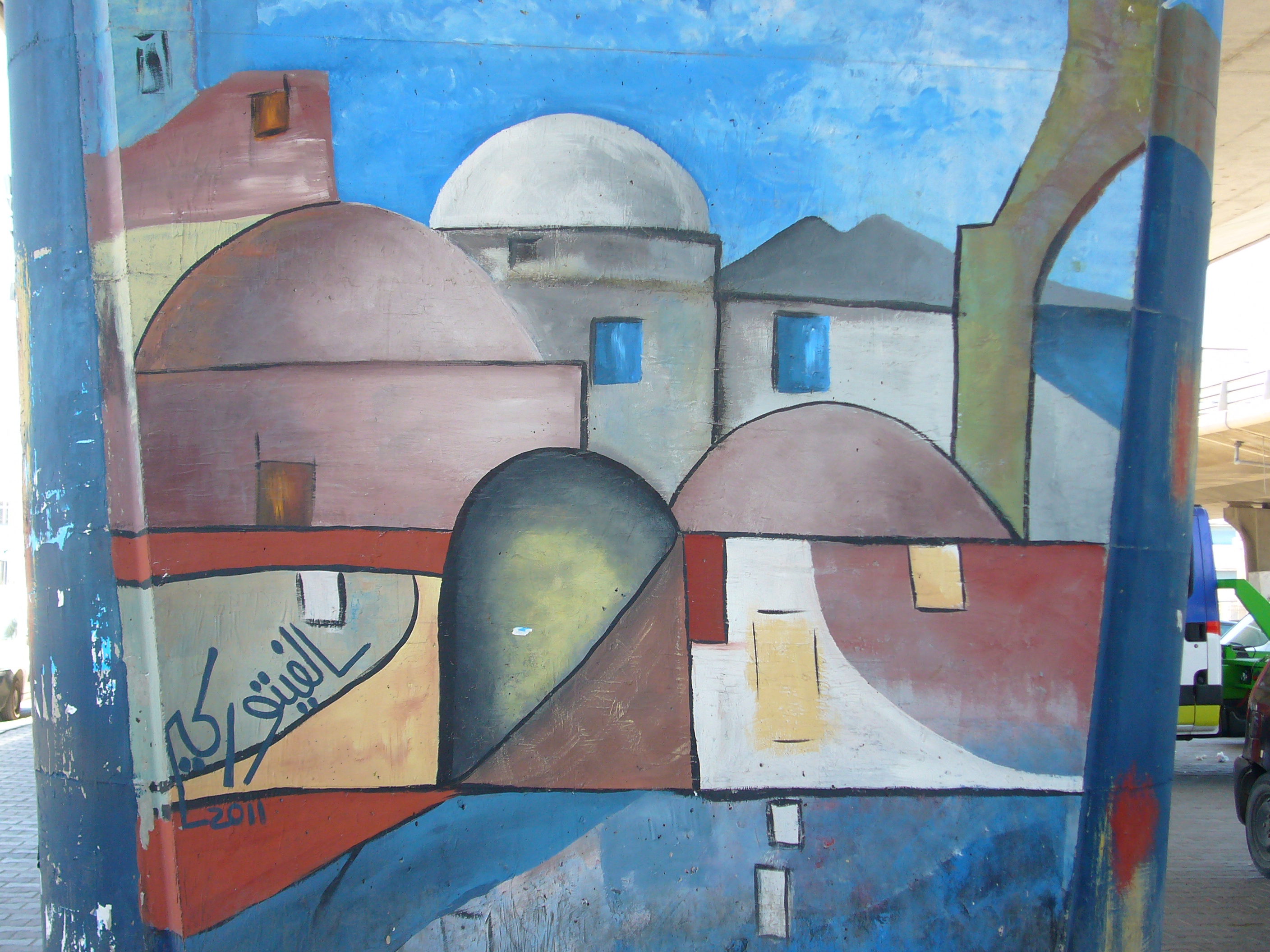
You can find an overview of ongoing debates with our journalists here. Please join us!
If you want to start a conversation about a topic raised in this article or want to report factual errors, email us at english@swissinfo.ch.